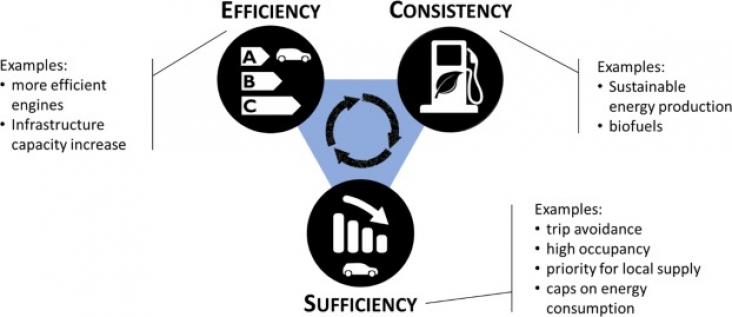Temperature and sea level rise threats to aquaculture were the main focus in science and the news. At least 10 countries linked current impacts on aquaculture to climate change. Global papers cited technology for adaption, while regional papers cited governance.
An Article in support of SDGs 3, 7, and 13, showing that adopting strict climate policies (the 1·5°C and 2°C targets) and strengthening clean-air policies could achieve major improvements in air quality and substantially reduce the human health effects from air pollution in China.
Background: Road-traffic injuries are a key cause of death and disability in low-income and middle-income countries, but the effect of city characteristics on road-traffic mortality is unknown in thes
Transportation is a basic social need, but most trips are done by private vehicles, which is not environmentally sustainable with growing urban populations.

Transport emissions play a large role in climate change. Unfortunately, measures to address this risk creating inequalities in access to mobility. This article proposes policy recommendations to reconcile these two problems.
Authors argue that 'we need a sustainability transformation of the digital transformation'. A long-term perspective is required to embed sustainability into the software engineering industry.
This paper examines a Native Hawaiian led effort to redress the removal of Indigenous Peoples from ancestral lands. This demonstration provides an important example of how biocultural strategies can achieve landscape restoration in Hawaiʻi. We outline how the Pu‘uwa‘awa‘a Community-Based Subsistence Forest Area is approaching common dryland restoration goals.
In this paper, the authors assess the impact of degrading air quality on modal shares and equivalent CO2 emissions per capita per trip for ten global cities using a scenario-based approach.
Background & aims: Recent experimental models and epidemiological studies suggest that specific environmental contaminants (ECs) contribute to the initiation and pathology of non-alcoholic fatty l
Land use and land cover changes in the Jedeb and Chemoga watersheds have been detected in the past 29 years.
